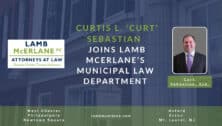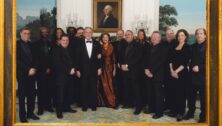Mary LaSota: Our Darkest Hour? Hardly.
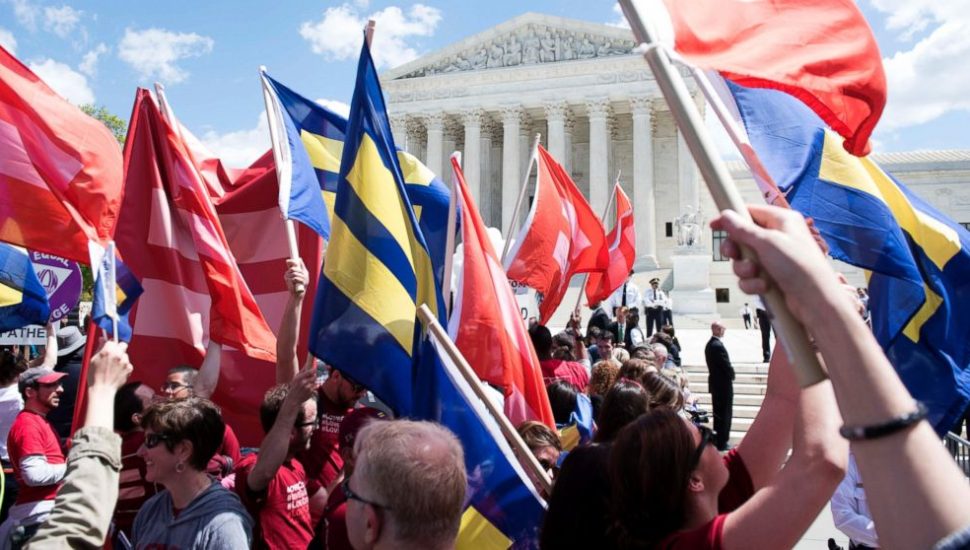
Part 1 in a series of commentaries reviewing Obergefell’s impact.
By Mary LaSota,

This past June the Supreme Court issued a pivotal opinion changing forever the marriage landscape. The Obergefell decision held that the Fourteenth Amendment requires a State to license same-sex marriages and to recognize those marriages licensed and performed out-of-State.
The Court’s opinion triggered intense political outcry from those that viewed the decision as a direct attack on their religious freedom. The political commentary and stories about potential lawsuits against religious figures or others refusing to conduct same-sex marriages is enough to drive a sane person mad… that sane person… me.
Soon after the opinion was released Ted Cruz stated that the gay marriage ruling is one of the “darkest hours of our nation.” Really? Our darkest hour? When politicians start using words and terminology that incite fear and anger, we the people should take a step back from the bandwagon.
Marriage in Pennsylvania and the United States has a long, complicated history. To understand the evolution of marriage one needs to delve deeply into the archives, immerse oneself in our nation’s political history, and read between the lies…I mean “lines.” The government, whether state or federal, has long been involved in the regulation of marriage. An entire treatise could be written on the subject, but I’ll save you the long drawn out legalese and highlight just some of the Supreme Court decisions.
- In Bradwell v. Illinois, 1873, a state law was upheld denying a married woman the right to practice law.
- From the mid 1800’s until the 1900’s, an American-born woman could lose her US Citizenship if she married a foreigner, but wait, in 1915 the Court changed its mind and ruled that married women could resume her citizenship upon the dissolution of marriage.
- In Reynolds v. US, 1878, the US Supreme Court decided its first polygamy case and recognized the principal that a person could only be married to one person, not multiple persons.
- In 1967, Loving v. Virginia, the Court invalidated State laws prohibiting interracial marriages.
- In 1987, Turner v. Safley, the Court held that prisoners had a constitutional right to marry.
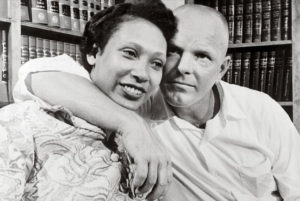
Often when protecting one person’s rights another’s may be limited. The Court’s job is not to rollover and issue decisions supported by the majority. The right to bear arms, freedom of speech, the right to privacy, the right to procreate are not absolute or unlimited rights. In order to safeguard one right, a balance is often struck between competing interests. Perhaps our nation’s darkest hour is not the moment that another’s rights and liberties are expanded, but rather when we as a people fail to recognize those rights and liberties of another.
______
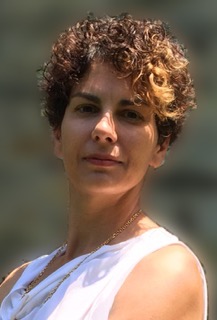 Mary R. LaSota is a sole practitioner focusing on estate planning, estate administration, tax, and business planning. Opinions do not matter, only facts and how those facts pertain to the law. When not immersed in the law, she can be found hiking with her dog, Gwen, cycling throughout Chester County, or writing snarky blog posts.
Mary R. LaSota is a sole practitioner focusing on estate planning, estate administration, tax, and business planning. Opinions do not matter, only facts and how those facts pertain to the law. When not immersed in the law, she can be found hiking with her dog, Gwen, cycling throughout Chester County, or writing snarky blog posts.
_______
Legal Disclaimer: An attorney may have written the above article, but this does not mean that the information within the article is legal advice in any way, shape or form. You pay for legal advice with greenbacks, Benjamins or other legal tender. The information contained in this article was offered for free and, therefore, is not legal advice. Furthermore, the information in this article does not create, and reading of this article does not constitute, an attorney-client relationship. To have such a relationship the author of the article would need to know not only your name, but would also have agreed to offer you legal advice after both you and the author came to a meeting of the minds on services offered and the legal fee involved. Since this trifecta is missing, no attorney-client relationship exists. Finally, you should not use such information without consulting with an attorney.
Connect With Your Community
Subscribe to stay informed!
"*" indicates required fields











































![95000-1023_ACJ_BannerAd[1]](https://vista.today/wp-content/uploads/2023/03/95000-1023_ACJ_BannerAd1.jpg)


